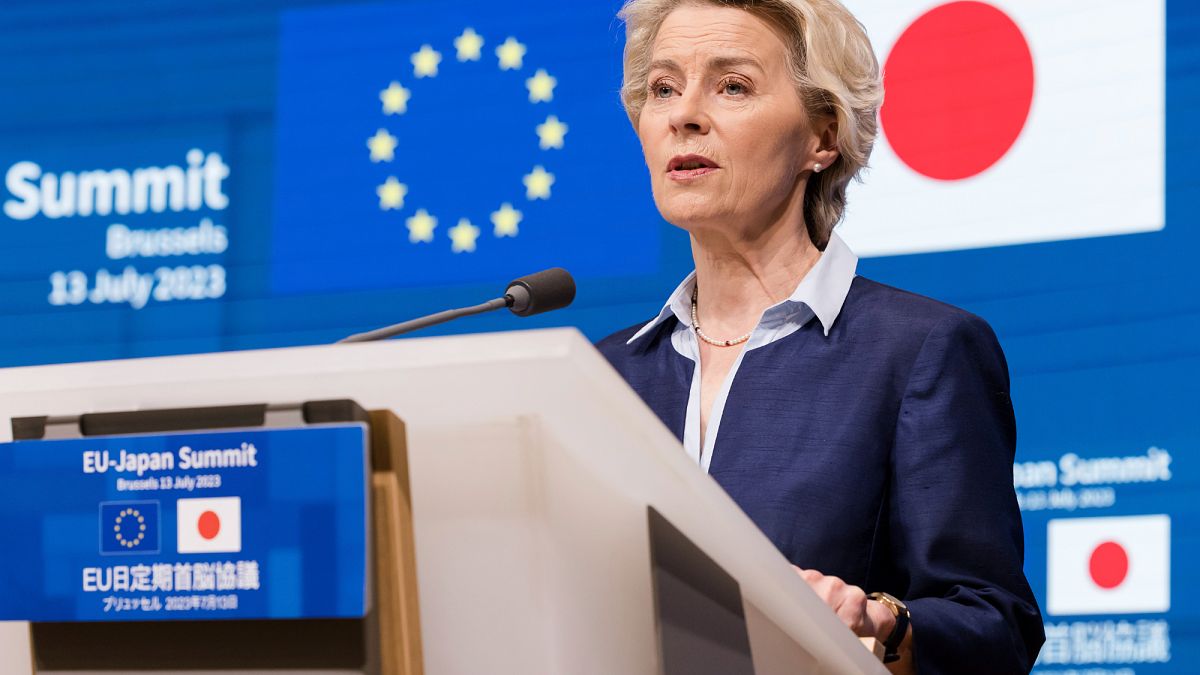

As international relations continue to evolve amidst global trade pressures, nations across the world are convening to forge new partnerships and address existing tensions. Recent summits and agreements reveal a nuanced landscape where challenges and opportunities coexist in a delicate balance.
The European Union and Japan have entered a crucial phase in their diplomatic efforts, as both prepare to engage with the United States on trade matters. At a recent summit, they reiterated their dedication to a rules-based order, a testament to their commitment to a harmonious global trading system. However, differences in their diplomatic strategies point to a complex dynamic that requires sensitive handling. While the European Union looks to maintain a firm stance on trade rectitude, Japan has successfully negotiated a reduction in threatened tariffs from the U.S., showcasing its strategic flexibility. In 2024, the U.S. reported a significant trade imbalance with Japan, illustrating the ongoing economic intricacies between the two nations.
Meanwhile, China’s trade relationship with the European Union faces growing pressure from rising U.S. tariffs. The atmosphere at recent summits hints at a cooling relationship between these two economic giants. As the EU grapples with these tensions, it seeks to navigate the challenging waters of international diplomacy where successful negotiation can yield beneficial results for all involved parties. This environment demands careful strategy to protect both economic interests and diplomatic relations.
Amidst this backdrop, Russia’s recent actions present a poignant reminder of the geopolitical complexities that extend beyond economic concerns. The unfolding events in Ukraine have raised global awareness about the importance of peace and dialogue. Russia’s recent decision to engage in Istanbul peace talks signifies a step towards resolution, even as ongoing drone strikes in Ukraine highlight the continued volatility of the situation. The report of children being drawn into the conflict underscores the human cost of political discord.
In a positive development, the United Kingdom and India have recently celebrated a landmark trade agreement, marking a significant milestone in post-Brexit Britain’s trade policy. This momentous pact highlights the evolving nature of global trade relationships and the pursuit of mutual benefits. Britain’s car and whisky industries are set for growth, while India secures valuable visa concessions. Although certain issues remain unresolved, this agreement is a beacon of how perseverance in negotiations can pave the way for future collaborations.
These global occurrences paint a picture of a world in flux, where diplomacy and negotiation play pivotal roles in shaping the future. As nations continue to reconcile their differences and form new alliances, they are reminded of the strength found in collaboration and understanding. The interconnected nature of today’s global economy emphasizes the need for thoughtful engagement and cooperation. In these efforts, countries strive to balance their national interests with the collective aspiration for a peaceful and prosperous international community.
Source: {link}
